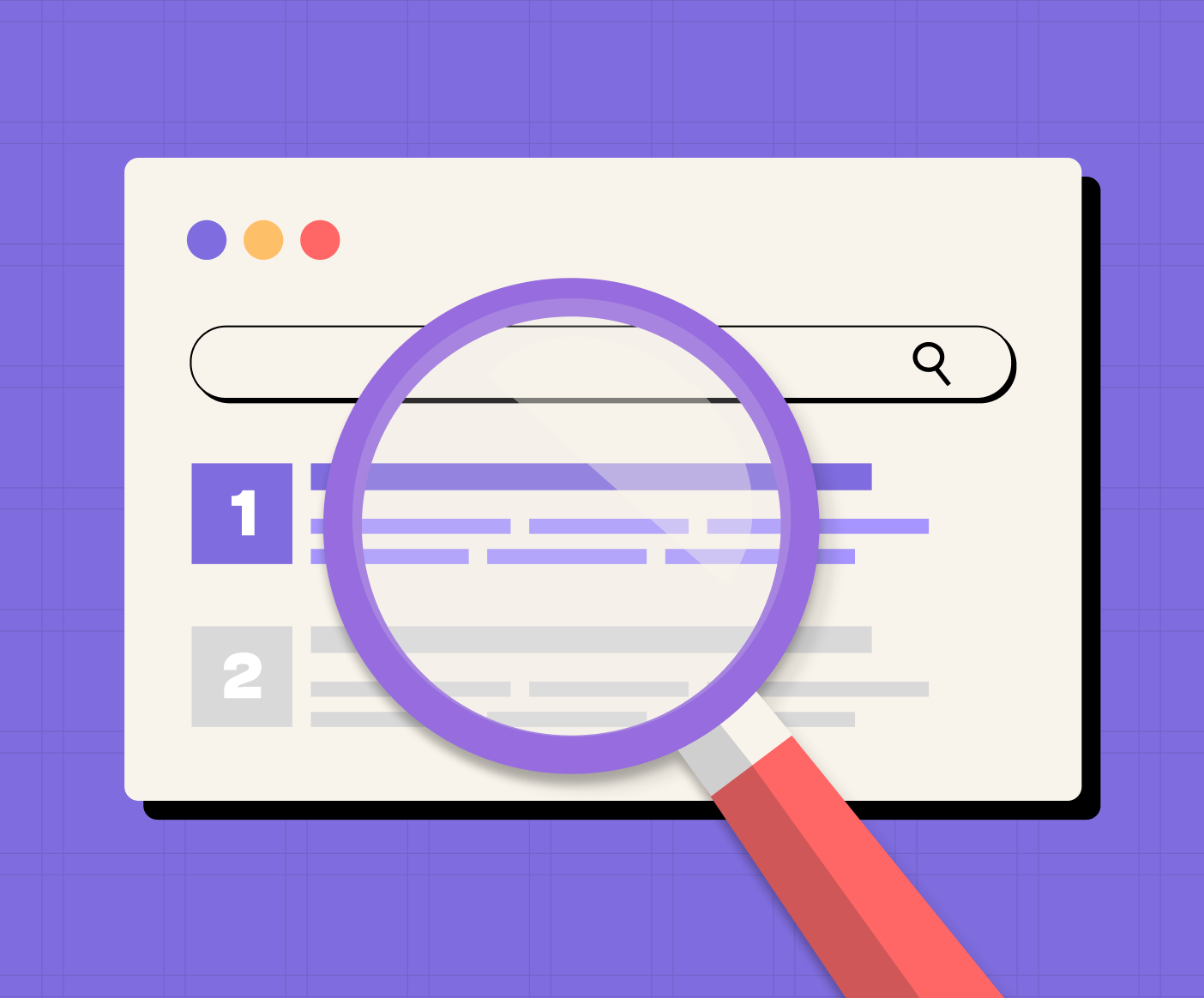If your website isn’t converting, loads slowly, or just feels “off,” the problem isn’t always obvious. That’s where a website audit comes in. Think of it as a health check for your site — analyzing performance, design, SEO, and usability to uncover what’s working and what’s holding you back.
Breaking Down the Definition
A website audit is a structured review of your site’s strengths and weaknesses. It looks at technical setup, content quality, user experience, and overall effectiveness in meeting your goals. The goal isn’t just to point out flaws — it’s to highlight opportunities for improvement that directly impact growth.
Why an Audit Matters for Businesses
Your website is often the first impression people get of your brand. If it’s clunky, slow, or outdated, you’re losing leads before they even reach your sales team. A solid audit helps you:
- Spot issues that hurt conversions (broken forms, unclear CTAs).
- Find SEO gaps that keep you invisible on search.
- Optimize performance so visitors don’t bounce.
- Make sure your site evolves with your business, not against it.
Without audits, you’re essentially guessing why your site underperforms.
Areas an Audit Covers
While the scope can vary, most audits look at:
- Technical health → site speed, mobile responsiveness, broken links.
- SEO performance → keyword usage, metadata, crawlability.
- User experience → navigation clarity, design consistency, accessibility.
- Content quality → relevance, readability, and alignment with brand voice.
- Conversion flow → how effectively pages drive actions like signups, demos, or sales.
Each of these elements contributes to how well your site attracts, engages, and converts visitors.
When to Run a Website Audit
Audits aren’t just for when things go wrong. Smart teams use them:
- Before a redesign → so you know what to keep, fix, or scrap.
- After launching campaigns → to see if the site supports traffic and conversions.
- Regularly (quarterly or yearly) → to stay ahead of performance issues and keep your site aligned with business goals.
Think of it like preventative care — you don’t wait for a crash to service your car.
Key Takeaways
- A website audit = full review of performance, SEO, UX, and content.
- It surfaces issues and opportunities that impact growth.
- Audits guide smarter redesigns, stronger campaigns, and higher ROI.
- Best done regularly, not just during emergencies.
Want Clarity on How Your Site’s Performing?
Sometimes the difference between a site that looks fine and one that actually drives growth is what you can’t see. A website audit gives you that clarity.
Contact Us and we’ll help you spot what’s working and what’s quietly costing you growth.





![AI Screening Recruiter Setup Guide [Starter Guide]](https://cdn.prod.website-files.com/68b716fbda7b786bb723ec2a/6968a878cb1cf07382e70d03_AI%20Screening%20Recruiter%20Setup%20Guide_1.png)
